Marie Curie Habits for Scientific Breakthrough
Marie Curie's Habits for Scientific Mastery
Marie Curie's extraordinary scientific achievements were not solely a product of innate brilliance, but also a result of meticulously cultivated habits. Her journey, marked by groundbreaking discoveries in radioactivity, was deeply rooted in deliberate practices that maximized her focus and productivity. From adopting extreme frugality to fuel her studies, to dedicating countless late nights to research, Curie embodied a relentless pursuit of knowledge.
Her habits reveal a powerful framework for anyone seeking to achieve significant goals. She exemplified how focus, resilience, and a collaborative mindset can overcome adversity and lead to world-changing contributions, especially in the face of societal barriers.
- Extreme focus through frugal living and dedicated study
- Collaborative partnerships to amplify research impact
- Rapid adaptation and innovation in times of crisis
- Unwavering tenacity in the face of personal loss and societal barriers
- Commitment to open science and public benefit
Delve into the habits of Marie Curie to uncover the principles of focus, resilience, and collaborative spirit that fueled her extraordinary scientific journey.
Filter Habits
 Marie Curie's Habit Sets
Marie Curie's Habit Sets
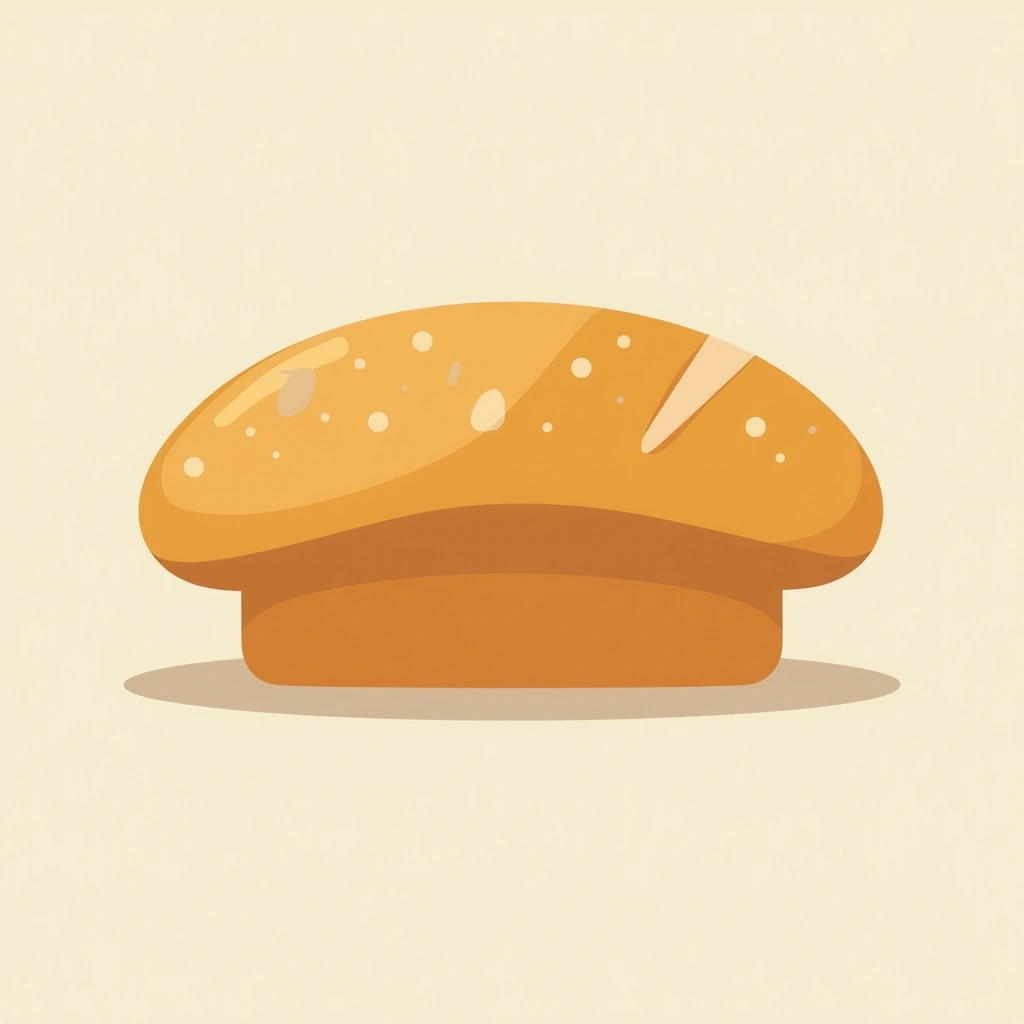
Frugal Living for Focus
Maintaining a simple diet and minimal personal expenses to dedicate maximum resources and mental energy to priority goals. Prioritizing nutritional efficiency over culinary pleasure.
Why This Matters
Marie Curie adopted extreme frugality during her student years in Paris, eating only bread and butter and tea to save money and time for studies. This habit allowed her to focus completely on academic pursuits despite poverty, directly contributing to her top-of-class achievements in physics and mathematics.
Nighttime Study Sessions
Consistently extending learning hours into late nights to maximize daily productivity. Creates uninterrupted focus periods when distractions are minimal.
Why This Matters
Marie Curie routinely studied in libraries until 10 PM and continued reading in her room until 2-3 AM during university years. This habit enabled mastery of complex subjects within compressed timelines despite financial constraints.
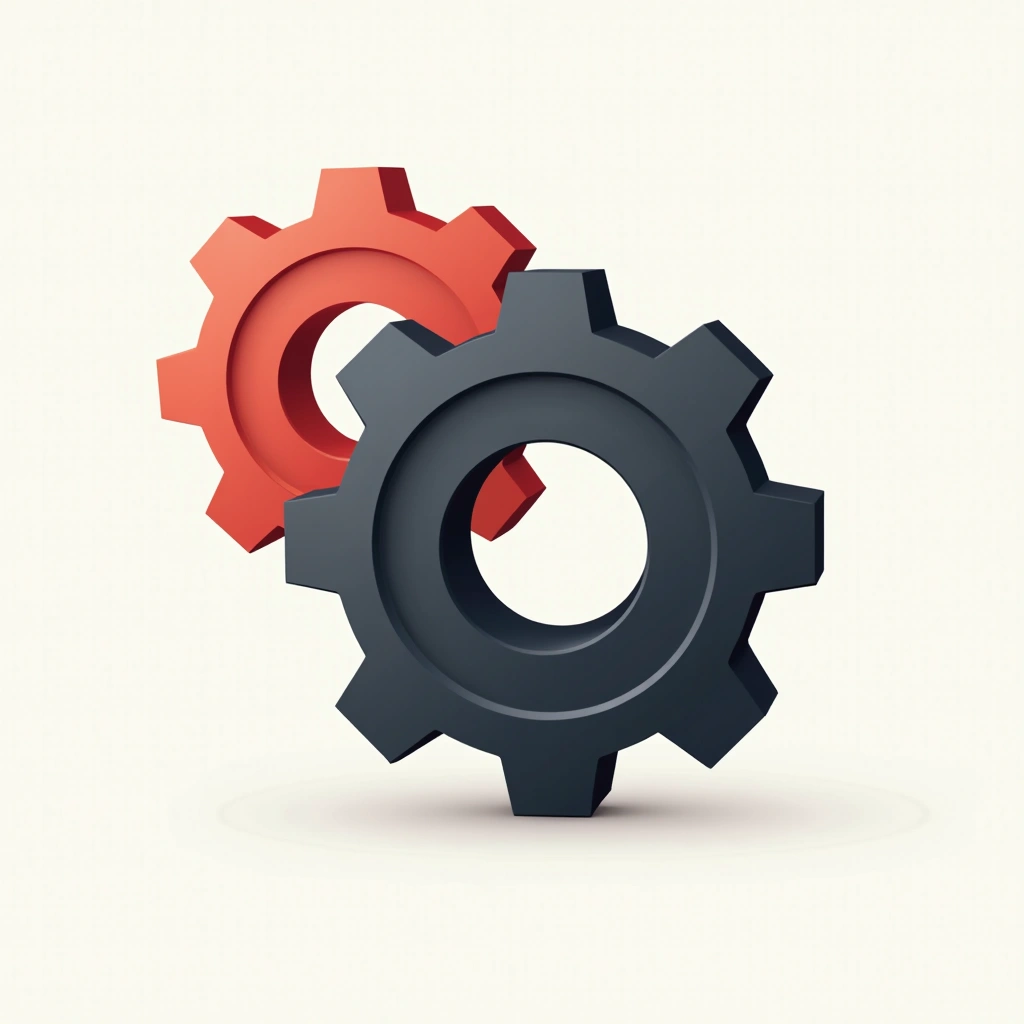
Collaborative Research Partnerships
Actively seeking complementary scientific partnerships to amplify discovery potential. Combines diverse expertise while maintaining individual accountability.
Why This Matters
Marie Curie partnered closely with Pierre Curie to isolate radioactive elements, merging her chemical expertise with his physics knowledge. Their collaborative workflow accelerated breakthroughs like polonium and radium discovery through divided responsibilities.

Wartime Innovation Adaptation
Rapidly repurposing technical expertise to address urgent societal needs during crises. Combines theoretical knowledge with practical engineering.
Why This Matters
During WWI, Marie Curie designed mobile X-ray units ('Petits Curies') to assist battlefield surgeons. This habit of applied problem-solving allowed her to save countless soldiers by adapting radioactivity research into medical tools.

Academic Tenacity Post-Loss
Continuing critical work despite profound personal grief to honor commitments and maintain momentum. Transforms tragedy into purpose-driven action.
Why This Matters
After Pierre's accidental death, Marie Curie assumed his Sorbonne professorship while continuing radioactivity research. This habit preserved institutional knowledge and demonstrated her commitment to scientific progress above personal sorrow.

Dual-Career Household Management
Strategically balancing domestic responsibilities with professional ambitions through structured scheduling. Prioritizes essential tasks while delegating where possible.
Why This Matters
Marie Curie managed household chores, finances, and cooking while conducting Nobel-caliber research. This habit enabled simultaneous excellence in family life and science during an era when women's academic careers were discouraged.
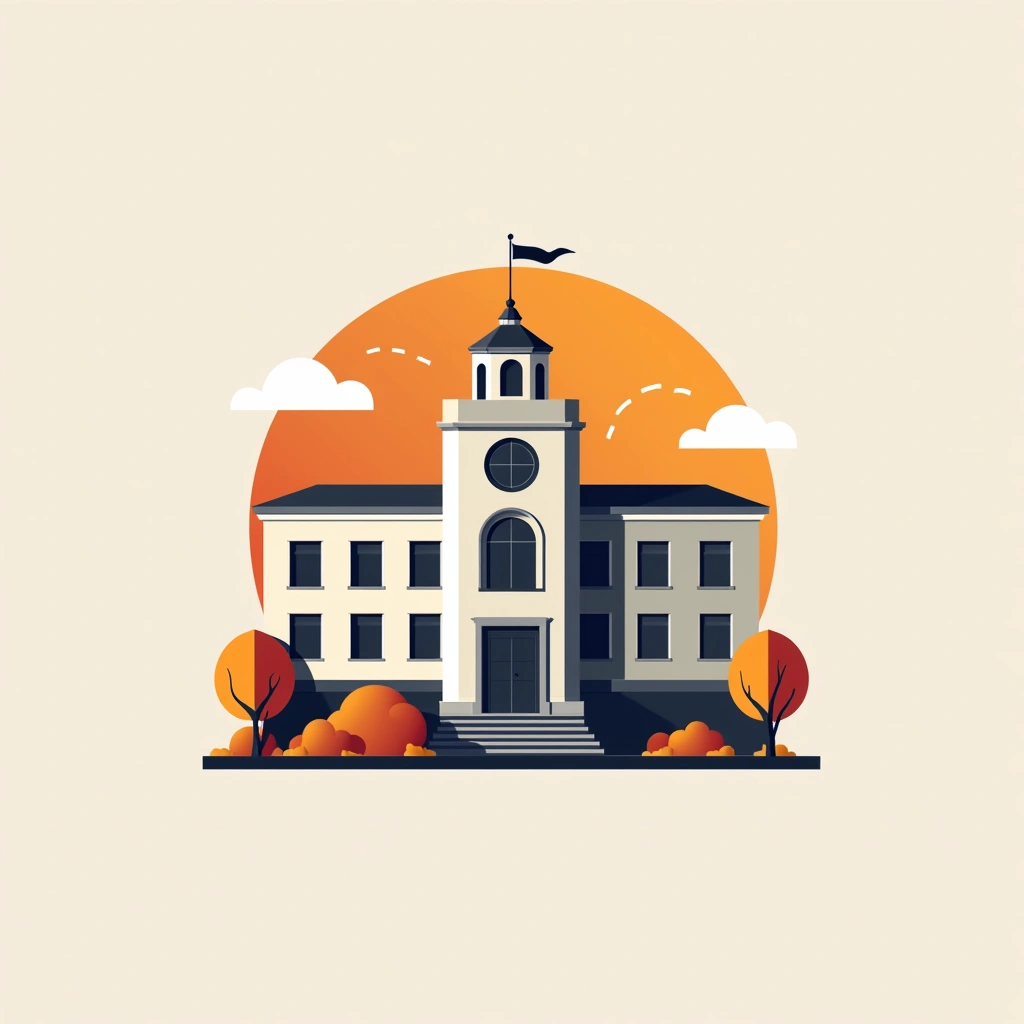
Pioneering Academic Advocacy
Breaking institutional barriers through demonstrated excellence to create opportunities for future generations. Focuses on merit over tradition.
Why This Matters
As the first female Sorbonne professor, Marie Curie's habit of quietly exceeding expectations helped normalize women's roles in academia. Her appointments opened doors for subsequent female scientists through proven competence.
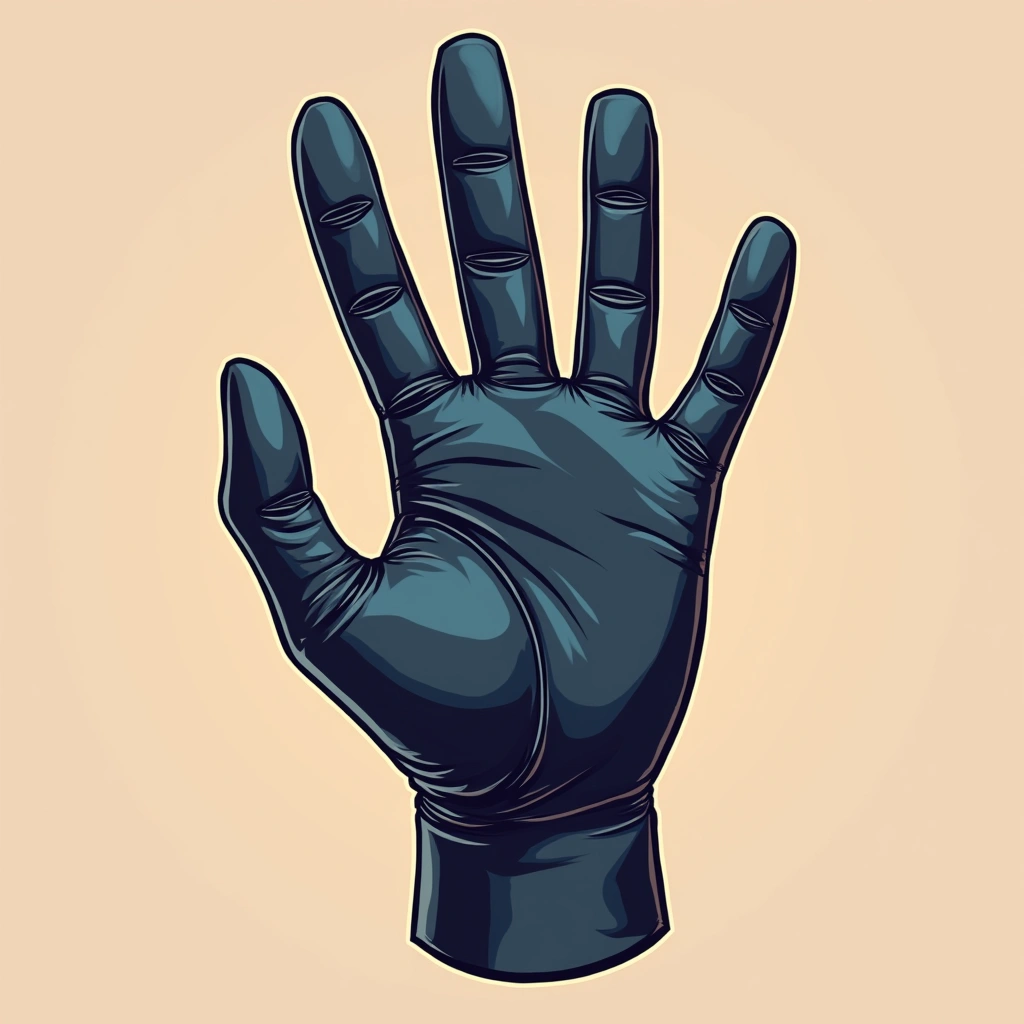
Radiation Safety Advocacy
Promoting awareness of hazardous material handling through personal example and institutional protocols. Balances discovery with risk mitigation.
Why This Matters
Though initially unaware of radiation dangers, Marie Curie later championed safety measures after observing health impacts. This habit demonstrated her commitment to responsible scientific progress despite personal cost.

International Scientific Networking
Building global research collaborations to accelerate knowledge sharing. Cross-pollinates ideas across institutional boundaries.
Why This Matters
Marie Curie worked with Einstein, Planck, and other Solvay Conference attendees to advance physics. This habit of interdisciplinary collaboration magnified her impact beyond individual capabilities.

Public Science Communication
Translating complex concepts into accessible public lectures and writings. Bridges academic and mainstream understanding.
Why This Matters
Marie Curie gave public lectures about radioactivity and published extensively. This habit helped secure research funding and inspired future scientists while combating scientific elitism.
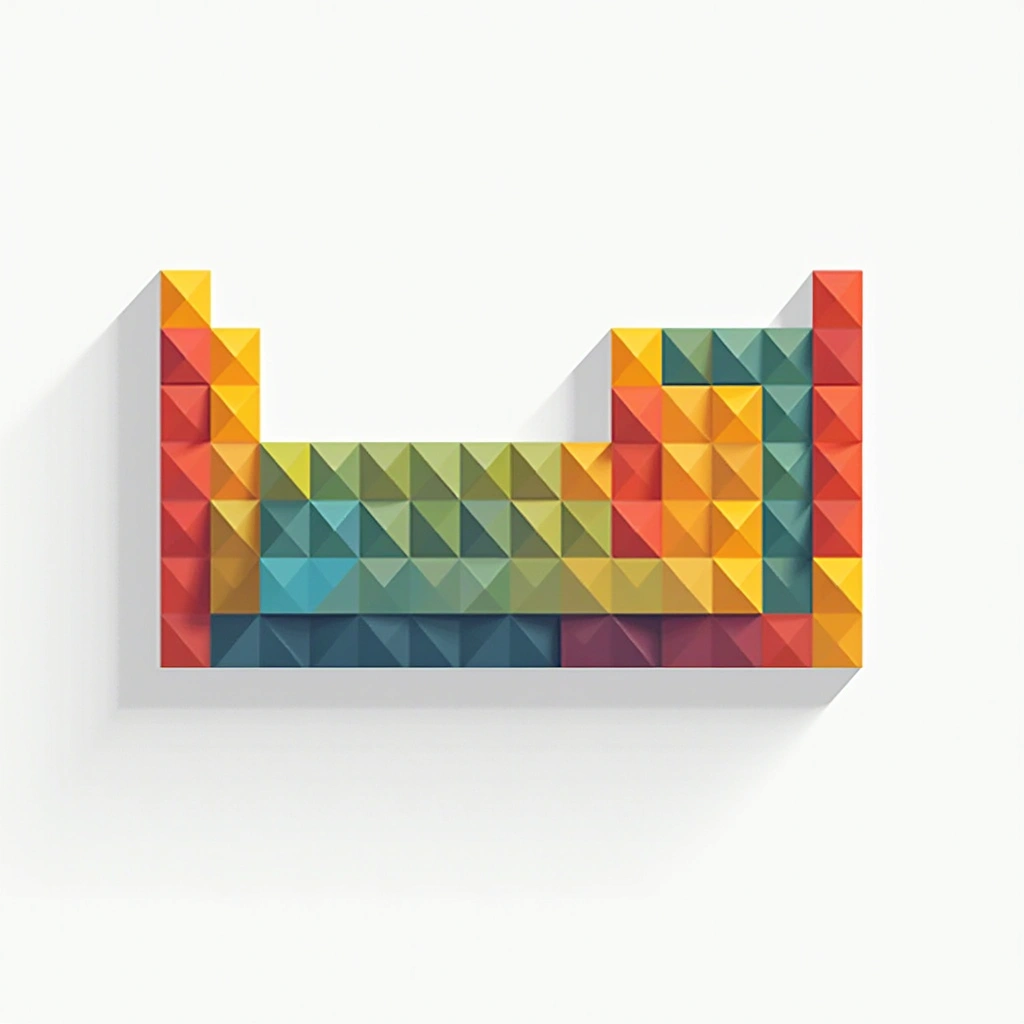
Systematic Element Testing
Methodically examining material properties through structured experimentation. Creates reproducible discovery frameworks.
Why This Matters
Marie Curie tested all known elements for radioactivity, leading to polonium/radium discoveries. This habit of exhaustive analysis transformed vague observations into fundamental atomic theories.
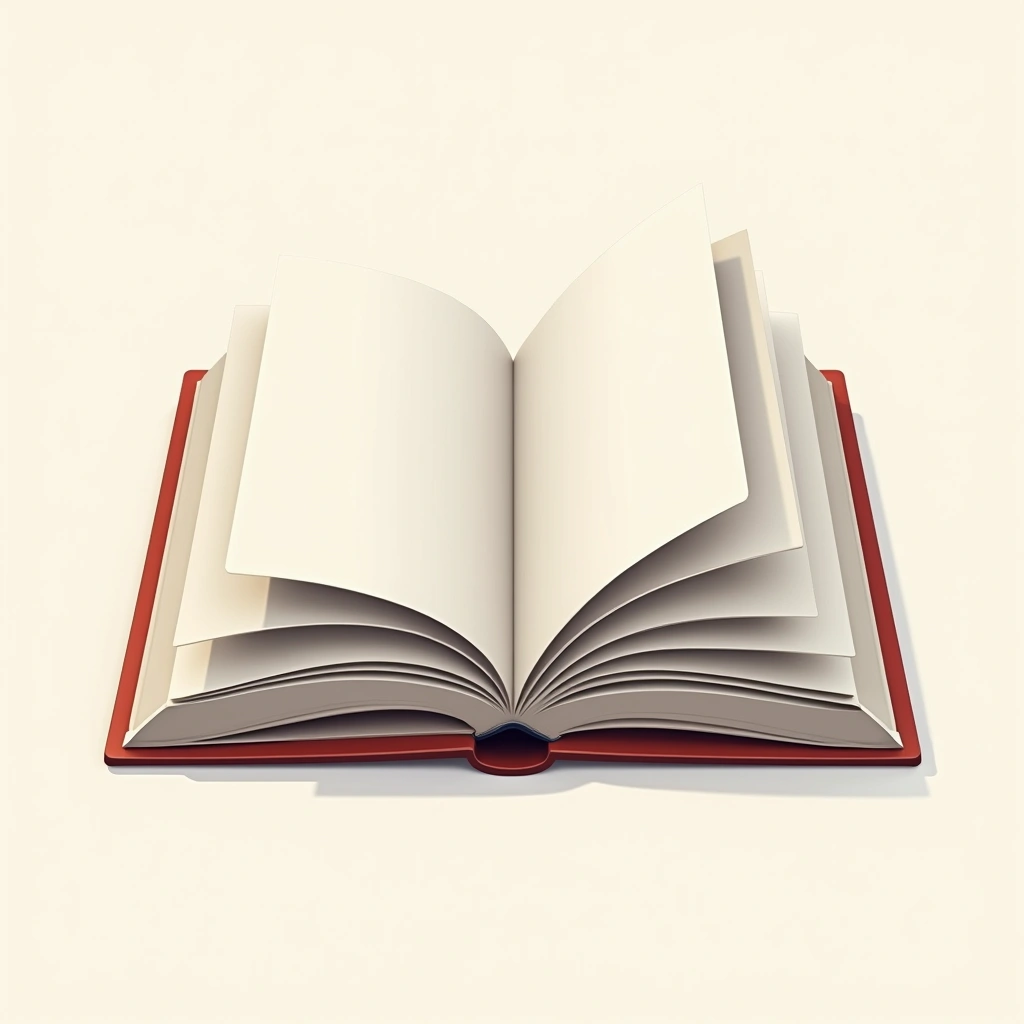
Research Commercialization Avoidance
Prioritizing open scientific access over personal profit from discoveries. Ensures broad societal benefit.
Why This Matters
Marie Curie refused to patent radium isolation techniques despite financial need. This habit reflected her belief that scientific knowledge should remain a public good rather than private property.

Childhood Curiosity Cultivation
Encouraging early STEM engagement through hands-on experimentation and resource access. Normalizes scientific inquiry.
Why This Matters
Marie's father let her explore his physics instruments and library, installing lifelong curiosity. This habit foundation enabled her later persistence through academic barriers and research challenges.

Warfront Medical Volunteering
Directly applying technical skills in crisis zones for immediate humanitarian impact. Connects theory with urgent practice.
Why This Matters
Marie Curie operated mobile X-ray units near WWI battlefields, training 150 women technicians. This habit of hands-on service saved countless lives while advancing radiological medicine.
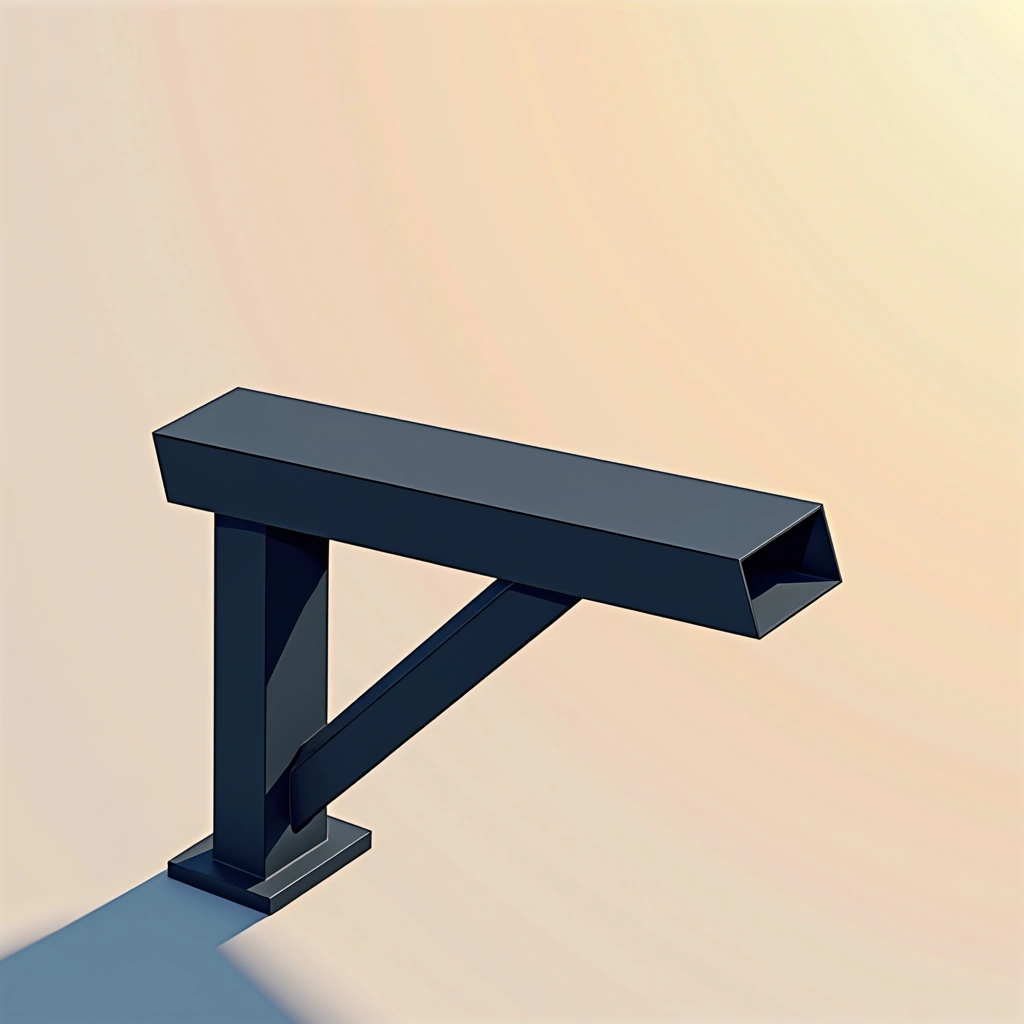
Academic Resilience Building
Persisting through institutional discrimination via demonstrated excellence. Converts prejudice into motivation.
Why This Matters
Facing gender barriers, Marie Curie earned two Nobel Prizes through uncompromising work quality. This habit of overachievement forced recognition from skeptical male-dominated institutions.
Multilingual Skill Maintenance
Preserving language proficiency to access international research and opportunities. Reduces knowledge barriers.
Why This Matters
Marie Curie spoke Polish, French, German, and English fluently. This habit enabled collaboration across European scientific communities and direct engagement with original research texts.
Material Sacrifice for Science
Investing personal resources into research infrastructure despite financial risk. Prioritizes long-term gains.
Why This Matters
Marie Curie used Nobel Prize funds to buy radium rather than personal luxuries. This habit of reinvestment sustained her lab's productivity and attracted top researchers.
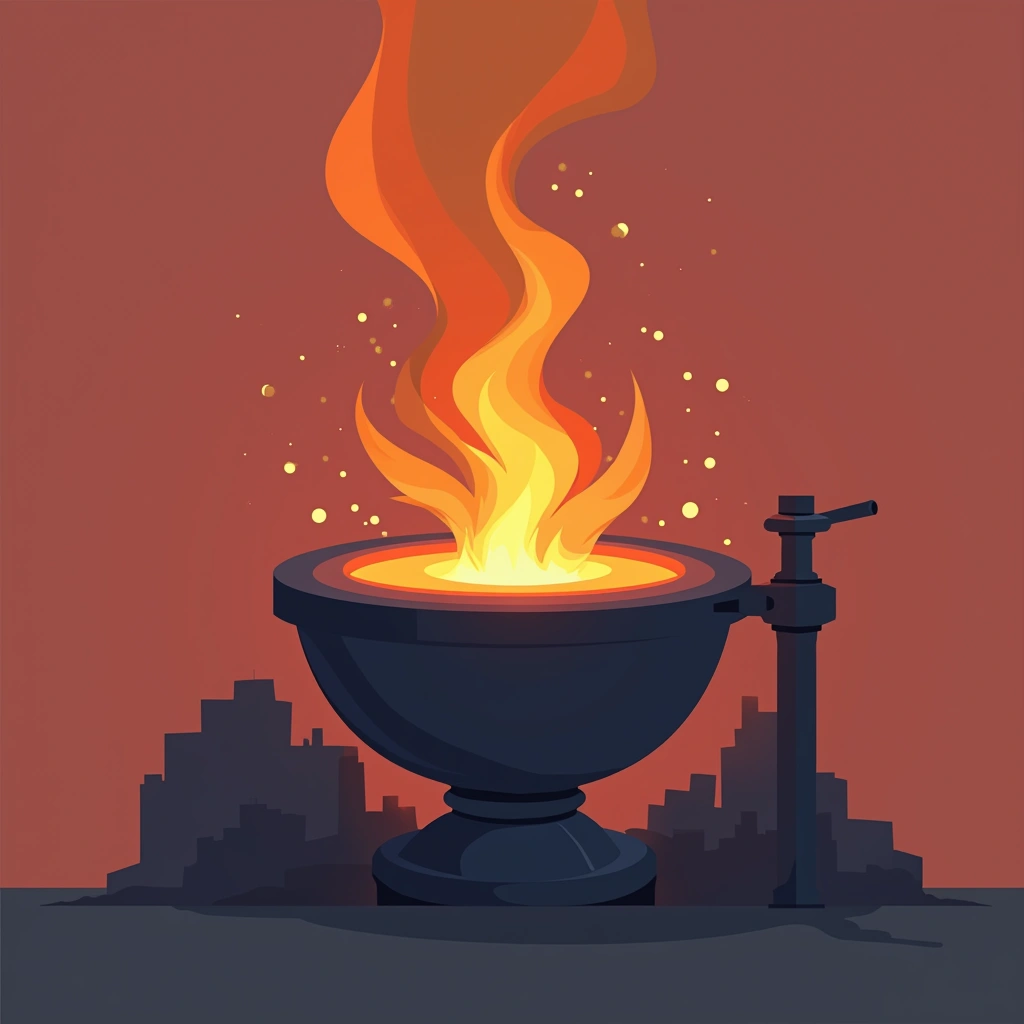
Industrial-Scale Experimentation
Processing bulk materials through repetitive manual methods to extract trace elements. Values patience in discovery.
Why This Matters
Marie Curie processed tons of pitchblende to isolate 0.1g radium chloride. This habit of industrial-scale lab work proved radioactive elements' existence despite skepticism.
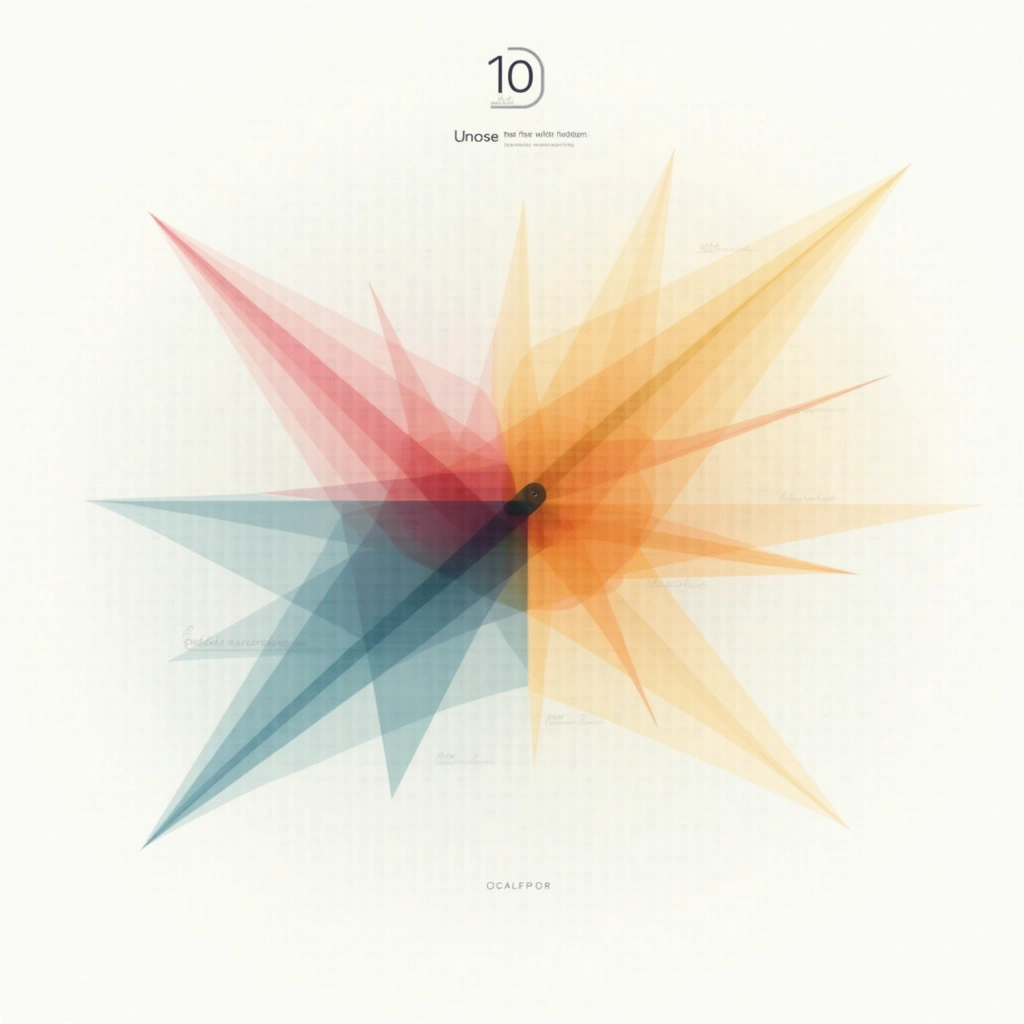
Theoretical Naming Initiative
Coining precise terminology to define new scientific phenomena. Clarifies communication and ownership.
Why This Matters
Marie Curie invented the term 'radioactivity' and named polonium after her homeland. This habit strengthened her discoveries' conceptual framework while asserting Polish scientific contributions.

Legacy Institution Building
Establishing permanent research centers to ensure discovery continuity. Invests in future capabilities.
Why This Matters
Marie Curie founded Paris' Radium Institute (now Curie Institute) to institutionalize radioactivity research. This habit multiplied her impact by creating infrastructure for generations of scientists.
Key Takeaways from Marie Curie's Habits
Marie Curie’s habits are not just historical anecdotes; they are timeless principles applicable to anyone striving for excellence in any field. Her life provides a compelling blueprint for cultivating focus, maximizing impact, and demonstrating unwavering resilience.
Here are key takeaways from her habits that you can integrate into your own life:
- Unwavering Focus: Prioritize your goals ruthlessly, eliminating distractions and non-essential activities to maximize mental energy, just as Curie did with her frugal living and dedicated study.
- Relentless Dedication: Cultivate a strong work ethic and persevere through challenges, transforming obstacles into opportunities for growth, mirroring Curie's late-night study sessions and industrial-scale experiments.
- Collaborative Spirit: Seek out partnerships and knowledge sharing to amplify your impact and accelerate progress, inspired by Curie's collaborations with Pierre Curie and international scientific networks.
- Purpose-Driven Action: Align your efforts with a larger purpose, driving innovation and contribution even amidst personal adversity, as demonstrated by Curie's wartime innovations and academic tenacity post-loss.
- Resilience and Tenacity: Develop mental fortitude to overcome setbacks and discrimination, turning challenges into fuel for greater achievement, echoing Curie's academic resilience and pioneering advocacy in a male-dominated field.
Embrace the essence of Marie Curie's habits to forge your own path of impactful achievement and lasting contribution.
